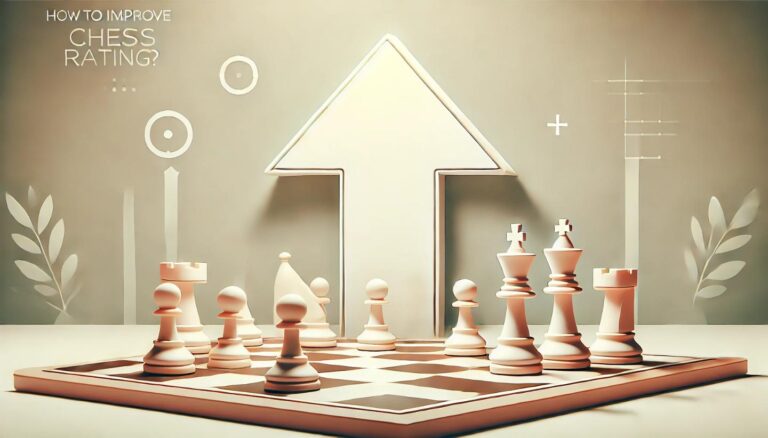Introduction
Chess is a popular and complex board game that has been played for centuries. The game requires players to strategize, plan ahead, and use critical thinking skills to outwit their opponent. One of the key elements in chess is tactical play, which involves making short-term moves to gain an advantage over the opponent. However, understanding the psychology behind chess tactics is also crucial for winning games. In this article, we will delve into the various aspects of the psychology behind chess tactics.
The Mindset of a Chess Player
To understand the psychology behind chess tactics, we must first understand the mindset of a chess player. Chess is more than just a game; it is a mental sport that requires concentration, focus, and discipline. The game involves analyzing multiple moves and predicting your opponent´s response, which can be mentally exhausting. Therefore, chess players need to have a calm and patient mindset to make sound decisions on the board.
The Role of Perception in Chess Tactics
In chess, perception plays a crucial role in understanding and executing tactics. Perception involves the ability to analyze the board and assess the value of each piece. A chess player with a strong perception will be able to spot potential tactics and create plans to execute them. They will also be able to anticipate their opponent´s moves and plan accordingly, resulting in a better game.
Emotions in Chess Tactics
Chess is often referred to as a battle of the minds, and the emotions of players can greatly impact their tactics and decision-making. Emotions such as fear, anger, and frustration can cloud a player´s judgment and lead to rash decisions. On the other hand, remaining calm and composed can help a player think clearly and make sound tactical decisions.
The Role of Memory and Experience in Chess Tactics
Memory and experience are important aspects of understanding the psychology behind chess tactics. A player´s memory allows them to recall and analyze past games and positions, which can help them anticipate their opponent´s moves. Likewise, experience in playing chess also plays a crucial role in understanding tactics. Experienced players are more exposed to various tactical situations and have a better understanding of which moves are most effective in different situations.
Conclusion
In conclusion, understanding the psychology behind chess tactics is crucial for becoming a successful chess player. A player´s mindset, perception, emotions, memory, and experience all play a role in their ability to execute tactical moves. By understanding these psychological aspects, players can improve their tactical skills and ultimately lead to more wins on the chessboard.

